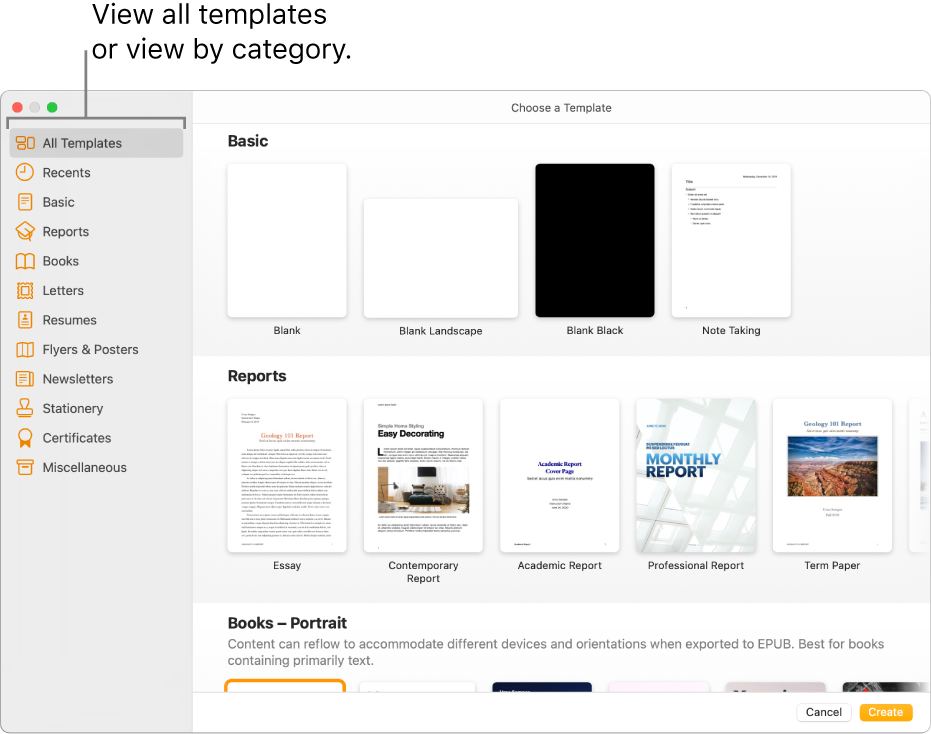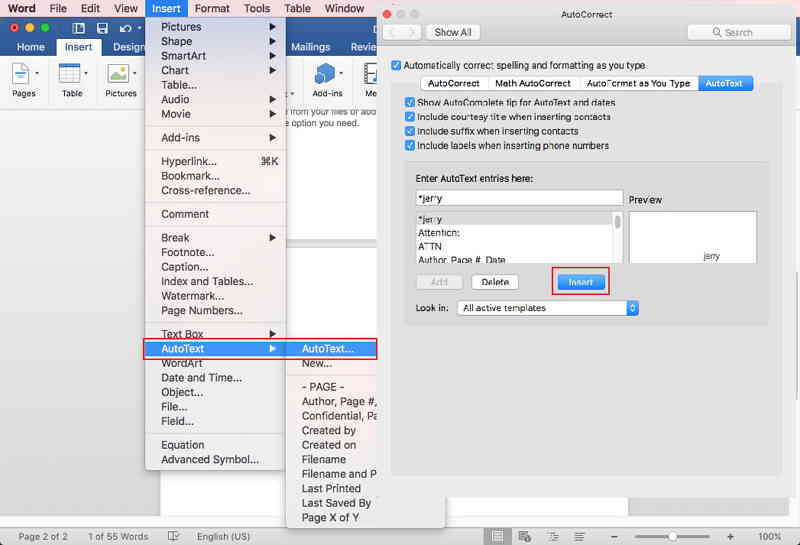
- COMPARE WORD DOCUMENTS ON MAC SOFTWARE
- COMPARE WORD DOCUMENTS ON MAC PROFESSIONAL
- COMPARE WORD DOCUMENTS ON MAC MAC
So are most text editors, like TeXShop, and citation managers, like BibDesk. Your lab may do this for you, but how do you know the next one will and you won't end up with an EndNote database and the next place only uses Reference Manager forcing you to convert or pay up yourself. You have to pay for Word and Referencing software. References are handled by BibTeX and a database front end like BibDesk but unlike in Word integration is seamless and the extensions are free. You will be able to find all commonly and most rarely used features. Since LaTeX is open source many generations of scientists have written the extensions they needed.
COMPARE WORD DOCUMENTS ON MAC MAC
EndNote on the Mac is poor despite being widespread. Bibliography programs come with their own price, learning curve, and disadvantages.
COMPARE WORD DOCUMENTS ON MAC SOFTWARE
You will need to purchase additional software to fill the gap. Here the main shortcoming is that Word does not include a citation utility. If you want to get into the nitty gritty, you can adapt the default to your own taste but the standard is already very high without any customization.
COMPARE WORD DOCUMENTS ON MAC PROFESSIONAL
LaTeX, on the other hand, provides you with professional layout out of the box. Plus, you will only be able to reach good quality if you know Word well, which is not the case for the average users. Word type setting quality is ok for most purposes but its far from professional. Ultimately, you will be faster typing than clicking through Word icons and menus. Depending on how you write LaTeX, you may need to learn some simple commandos, like \cite, but you will only need a few. You will have to initially invest some hours to learn LaTeX without being able to immediately produce text. Using advanced features like automatic numbering, links, and citations require a comparable learning time to LaTeX. The separate type setting steps are only done at the end, which saves you time.īasic Word features are very easy to use and everybody can produce a simple document with reasonable layout.

Here LaTeX is faster because you write down only the contents and software wastes no time thinking about layout. The sporadic (automatic) saves and type setting processes might force writing breaks while you are waiting for the program to complete its task. Word can become slow when handling either very large texts or texts with large graphics. Writing raw LaTeX is somewhat slower, because you first write the contents only and then you generate an output file with layout in a separate step.

The strength of Word is in writing short, relatively simple documents, since you immediately see how what you wrote looks like (WYSIWYG). The table below may help you to make a decision which piece of software is most appropriate for your task at hand. But in some cases it might actually save us time and produce better text documents if we use LaTeX, even if you still have to learn. Speed usually comes with routine, in most cases that would be Microsoft Word.


For us scientists its worth thinking about which piece of software will give us the best results in the least amount of time. Writing longer scientific documents requires more from the text processing software than common writing tasks.


 0 kommentar(er)
0 kommentar(er)
